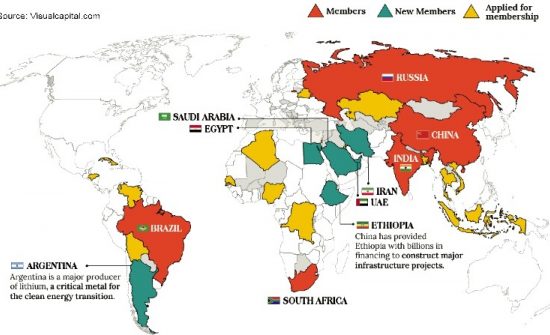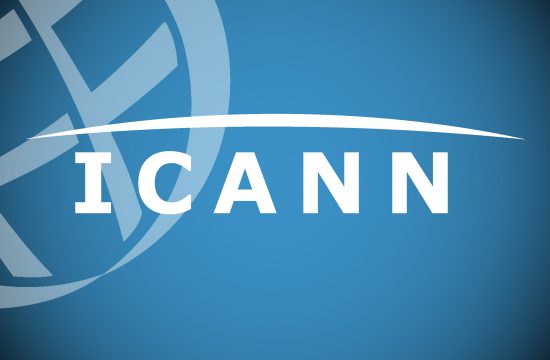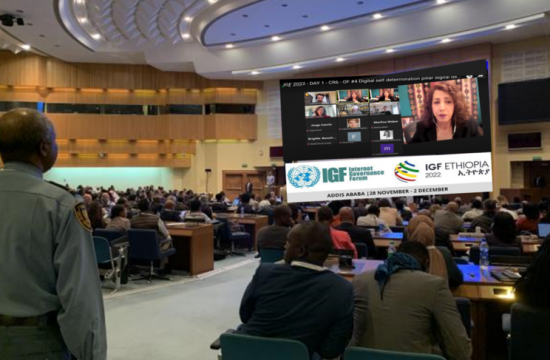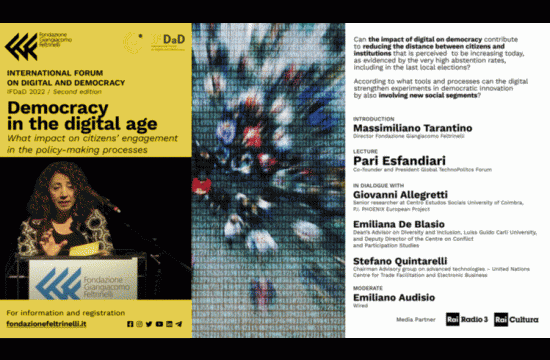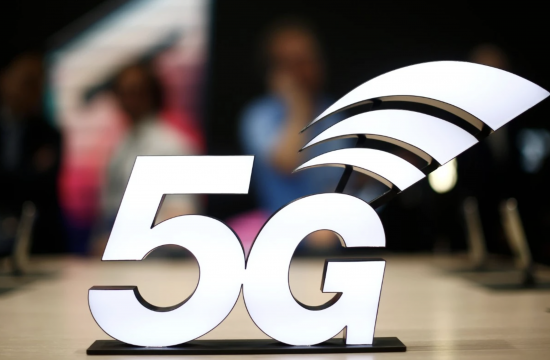The Internet’s Transformative Journey Over the Next 50 Years
By: Pari Esfandiari
As we project the trajectory of the Internet over the next 50 years, its integration into every aspect of life becomes evident, marking its evolution into a ubiquitous utility. This evolution will see high-speed connectivity expand globally with a transformative impact, enabling smart cities through the Internet of Things (IoT) and integrating artificial intelligence (AI) at the core of data management and innovation processes. Additionally, we anticipate a shift towards a decentralized Internet —characterized by blockchain and similar technologies— promising enhanced privacy, security, and user autonomy, potentially reducing the dominance of major tech conglomerates. Meanwhile, the development of quantum computing could lead to a quantum internet, revolutionizing data security.
With technological advancements reshaping the landscape of global security and geopolitics, the evolution of cyber warfare capabilities powered by AI and quantum computing is set to become a cornerstone of national defense, giving leading nations significant geopolitical influence through capabilities like digital espionage and information warfare. The development of a quantum internet could trigger a global cybersecurity arms race, as nations strive to protect sensitive data while exploiting others’ vulnerabilities. Meanwhile, AI’s societal impacts, such as social manipulation, could transform propaganda. These, together with advances in unmanned systems, make conflicts more frequent and politically charged, intensifying the digital divide and amplifying surveillance concerns.
The dominance of new superpowers—nations and corporations—in the digital realm is anticipated. This will likely influence global power dynamics. Technologically driven projects akin to China’s Belt and Road Initiative might serve as strategic tools to extend national influence through global digital infrastructure standards. Nations might form new alliances based on cybersecurity needs and digital technology capabilities, potentially leading to a redefined geopolitical landscape. As the stakes of cyber warfare escalate, protecting digital infrastructure will become as critical as safeguarding physical borders. The blending of virtual and physical will amplify tensions between the borderless nature of the internet and the defined borders of nation-states, posing significant challenges to traditional sovereignty over digital spaces. The threat of data colonization will intensify the current tendency toward strict data sovereignty laws that require data to be stored and processed within national borders. These changes could lead to a more compartmentalized Internet, challenging the global nature of data flow and services, and affecting the universal and open nature of the internet. The resulting internet fragmentation and even splinternet could undermine globalization and impact global architecture.
As virtual communities gain significance on par with their physical counterparts, the influence on individual identities and societal norms is profound, raising pressing philosophical questions about human agency and autonomy in the face of the growing influence of AI. There are also practical questions about the role of humans in governance and decision-making in this automated world, leading to new forms of cultural and political organization. These concerns are not just about technological capability but also about how these technologies are poised to reshape the very fabric of our communities, democratic engagements, and the nature of being human.
In coming years, global Internet governance is likely to strengthen, focusing on harmonized cybersecurity, data privacy, and digital rights regulations, while addressing the mounting environmental challenges and fostering equitable global interactions. However, ethical and societal challenges such as the digital divide, privacy issues, and the psychological impacts of digital media will intensify. User interfaces, too, are expected to evolve, with brain-computer interfaces possibly becoming commonplace, allowing thought-based device control and communication, while the Internet will offer highly personalized experiences through sophisticated data analytics. The potential for AI to reshape the foundations of political systems, influence public policy, and redefine the nature of work and social interaction necessitates focused efforts to ensure a thoughtful evaluation of how we value human contributions in various spheres of life. Moreover, the evolution of Internet governance must increasingly rely on a multi-stakeholder model that includes nations, corporations, the technical community, civil society, academia, and Internet end users, collectively shaping the Internet’s infrastructure and standards.
The future of the Internet is poised at a critical juncture between the principles of freedom and the imperatives of control, setting the stage for one of the most defining ideological battles over the next 50 years. This clash is not merely about who controls the Internet but probes the core of how the Internet influences democracy, human interactions, and broader governance structures. Democratic societies champion the Internet as a bastion of free expression and a marketplace of ideas, fostering innovation, cultural exchange, and civic empowerment. This open model supports transparency and enhances public participation in governance, accelerating innovation and enriching cultural dialogue. Conversely, authoritarian regimes perceive the control of information as vital for national security and societal order, advocating for a tightly regulated Internet that restricts harmful content and bolsters social stability. This perspective highlights a profound global divide in Internet governance that brings forth deep philosophical dilemmas.
The current scenario demands urgent dialogue to prevent transformative technologies from careening toward a global order that may be lamented in retrospect. Reflecting on the historical precedent set by the Bretton Woods Conference at the conclusion of World War II, where nations agreed to part with a degree of sovereignty to establish global economic stability, a similarly grand vision is required for Internet governance today. Such visionary thinking underpins the establishment of the Global TechnoPolitics Forum. By engaging in dialogues that address pivotal geopolitical challenges associated with Internet technology, this forum seeks to foster a multistakeholder commitment to preserving the foundational principles of the Internet.
As we look toward the next half-century of the Internet’s evolution, the stakes for global stability and human progress could not be higher. The philosophical discourse around technology—whether viewing it as a determinant of future societal changes or advocating for a human-centered approach that upholds personal freedoms—requires us to critically assess how these technologies influence global power dynamics. How nations navigate the philosophical and technological shifts presented by this digital epoch will decisively shape their futures and the broader contours of global geopolitics. Effective and adaptable Internet governance emerges as a critical fulcrum in this context, determining whether the Internet will continue to act as a conduit for global connection and understanding or morph into a divisive catalyst for conflict and inequality.



